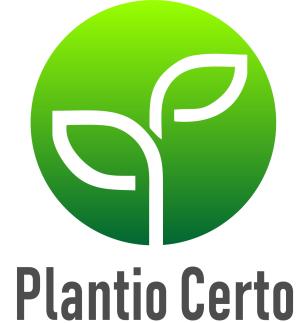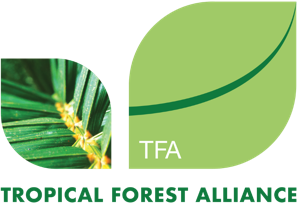The method of Agricultural Zoning of Climate Risk (ZARC), developed by Embrapa and partners, officially applied in Brazil since 1996, through the Ministry of Agriculture, Livestock and Supply - MAPA, provides the indication of dates or periods of planting/seeding by crop and by municipality, considering the characteristics of the climate, the type of soil and the cycle of cultivars, in order to prevent climatic adversities from coinciding with the most sensitive phases of crops, minimizing agricultural losses. Technology is, therefore, a crucial tool to support decision making for the planning and execution of agricultural activities, for public policies and, notably, for agricultural security.




